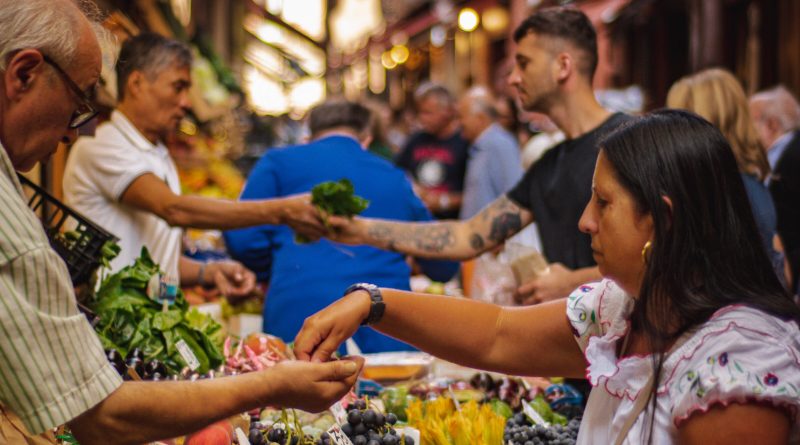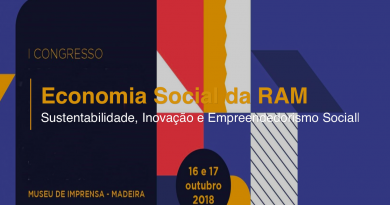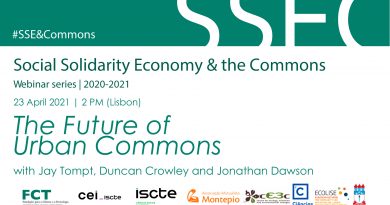Solidarity Economy Markets as “mobilizational commons”
CEI researcher Ana Margarida Esteves has just published the scientific article “Solidarity Economy Markets as “mobilizational commons”: re-signifying the market through the lens of cooperation” on the international peer-reviewed Community Development Journal.
Summary
This article explores an understudied dimension of Solidarity Economy, which is how spaces of community development-oriented commercialization balance the embedment of their activities in cooperative norms and practices, while at the same time mobilizing support from mainstream society and its institutions. The analysis is based on the case study of the Solidarity Economy markets organized by Esperança/Cooesperança, a community development project based in the town of Santa Maria, in the Brazilian state of Rio Grande do Sul. It engages the concept of “edge work”, from Social Permaculture Design, in framing Solidarity Economy markets as spaces that manifest Karl Polanyi’s vision of an “active society” in counter-movement to market commodification. This materializes as a reconciliation of cooperative practices with market mechanisms, based on trust-building and political mobilization, among different social sectors and agents, around direct producer-to-consumer exchanges. The analysis frames these markets as “mobilizational commons”: Sites of re-signification of market activity through the engagement of otherwise competing producers in experimenting, enacting and coordinating cooperative practices, as well as of consumers, social movements and the state in the re-framing economic activity over time. It concludes with an analysis of the political limitations to the “edge work” promoted by Esperança/Cooesperança, posed by electoral rotation and political socialization, as well as the suggestion to frame further research on this topic in the context of structural power relations.
Read the article on the website of the Community Development Journal.
Photo by Renate Vanaga on Unsplash
![]() This work is licensed under a Creative Commons Attribution-NonCommercial-ShareAlike 4.0 International License.
This work is licensed under a Creative Commons Attribution-NonCommercial-ShareAlike 4.0 International License.




